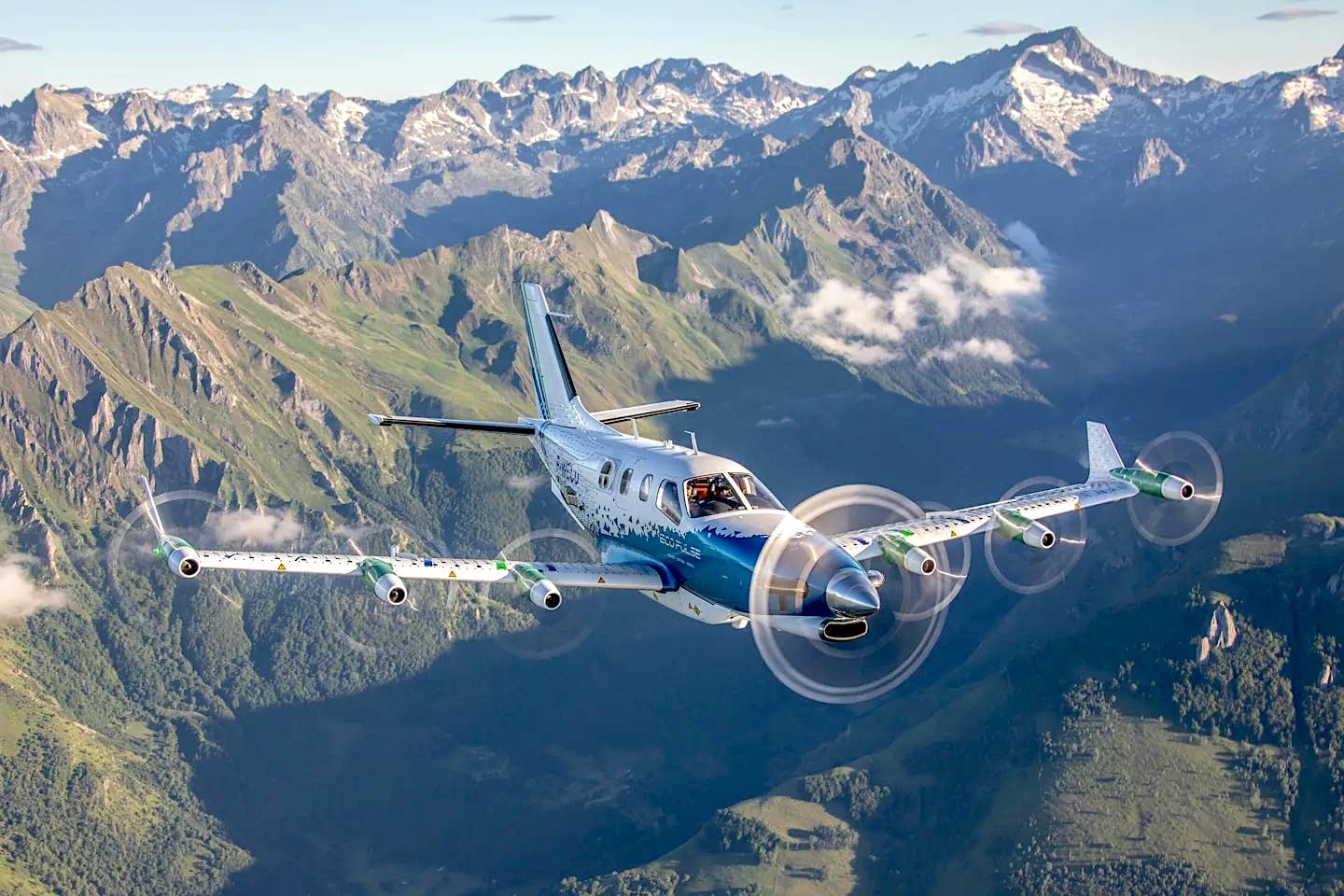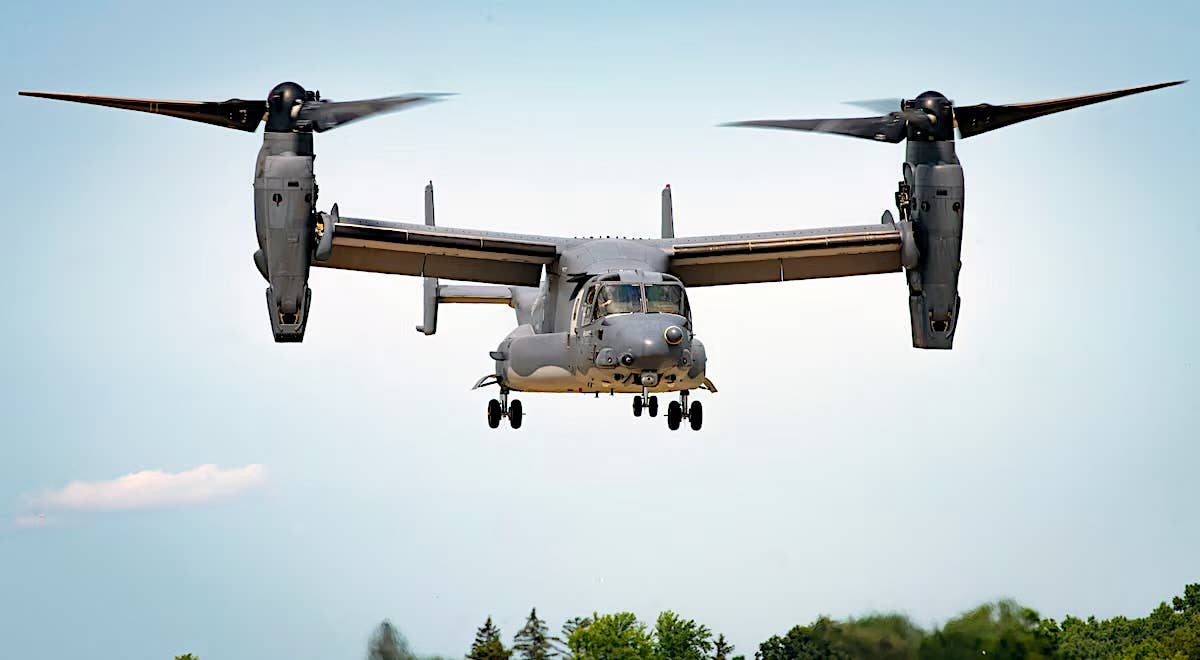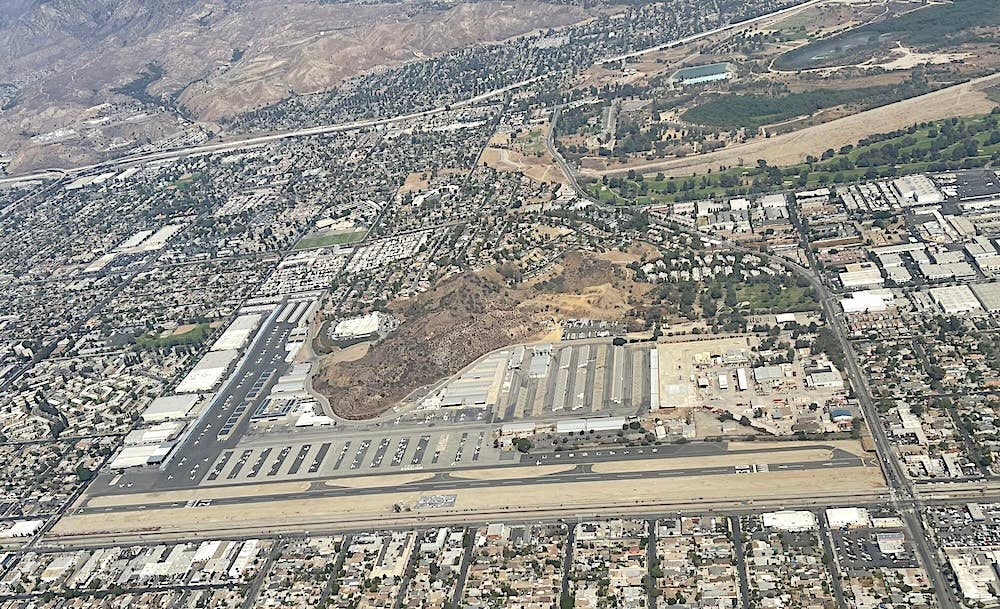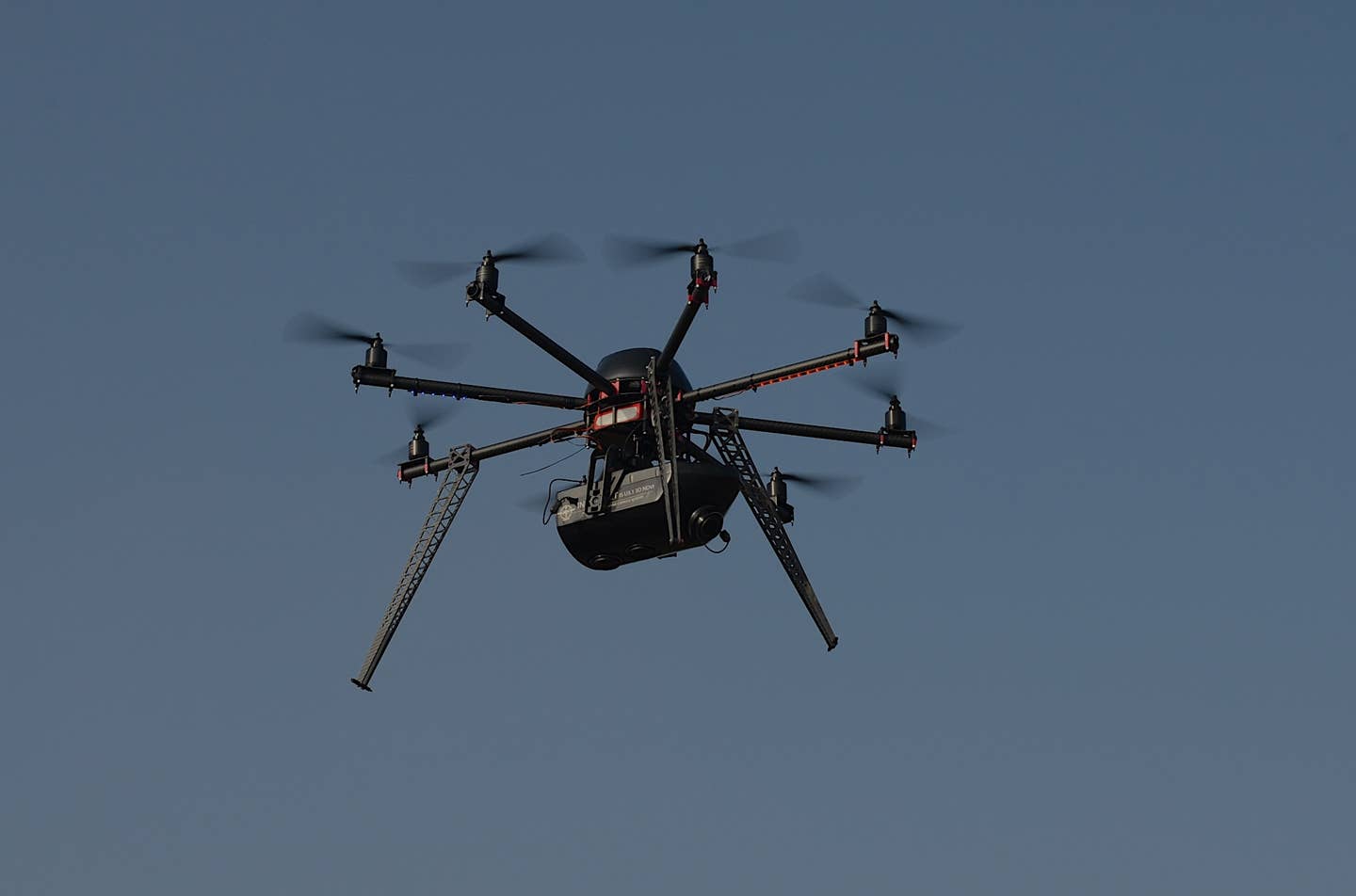Sabotage Suggested In SpaceX Explosion
An element of intrigue has been added to the investigation of the explosion of SpaceX rocket on the launch pad at Cape Canaveral last month. The Washington Post, quoting unnamed sources, says SpaceX is investigating the possibility of sabotage in the mishap, which destroyed the rocket and its payload, an internet-beaming satellite being deployed by Facebook.

An element of intrigue has been added to the investigation of the explosion of SpaceX rocket on the launch pad at Cape Canaveral last month. The Washington Post, quoting unnamed sources, says SpaceX is investigating the possibility of sabotage in the mishap, which destroyed the rocket and its payload, an internet-beaming satellite being deployed by Facebook. According to the story, SpaceX sent investigators to a building owned by competitor United Launch Alliance about a mile from the launch pad because it noted something odd on the roof of the building in still images taken from video shot at the time of the blast. SpaceX CEO Elon Musk has also spoken about the investigation taking some strange turns, particularly where it concerns a mysterious noise heard just before the rocket blows up. "Particularly trying to understand the quieter bang sound a few seconds before the fireball goes off," he wrote on Twitter. "May come from rocket or something else."
So far, the investigation has determined that a breach in the helium system used to pressurize fuel being loaded on the rocket caused the blast but they can't figure out what caused the breach. "We've eliminated all of the obvious possibilities for what occurred there," he told a conference in Mexico. "So what remains are the less probable answers." SpaceX then issued a statement that seemed to further confirm the conspiracy line. "The Accident Investigation Team has an obligation to consider all possible causes of the anomaly, and we aren't commenting on any specific potential cause until the investigation is complete," the statement read. The Air Force is helping the investigation, which is led by SpaceX, but is also not commenting. United Launch Alliance used to have a monopoly on launches for the Air Force but SpaceX earned the right to compete for that business with a 2014 lawsuit against the Air Force.






